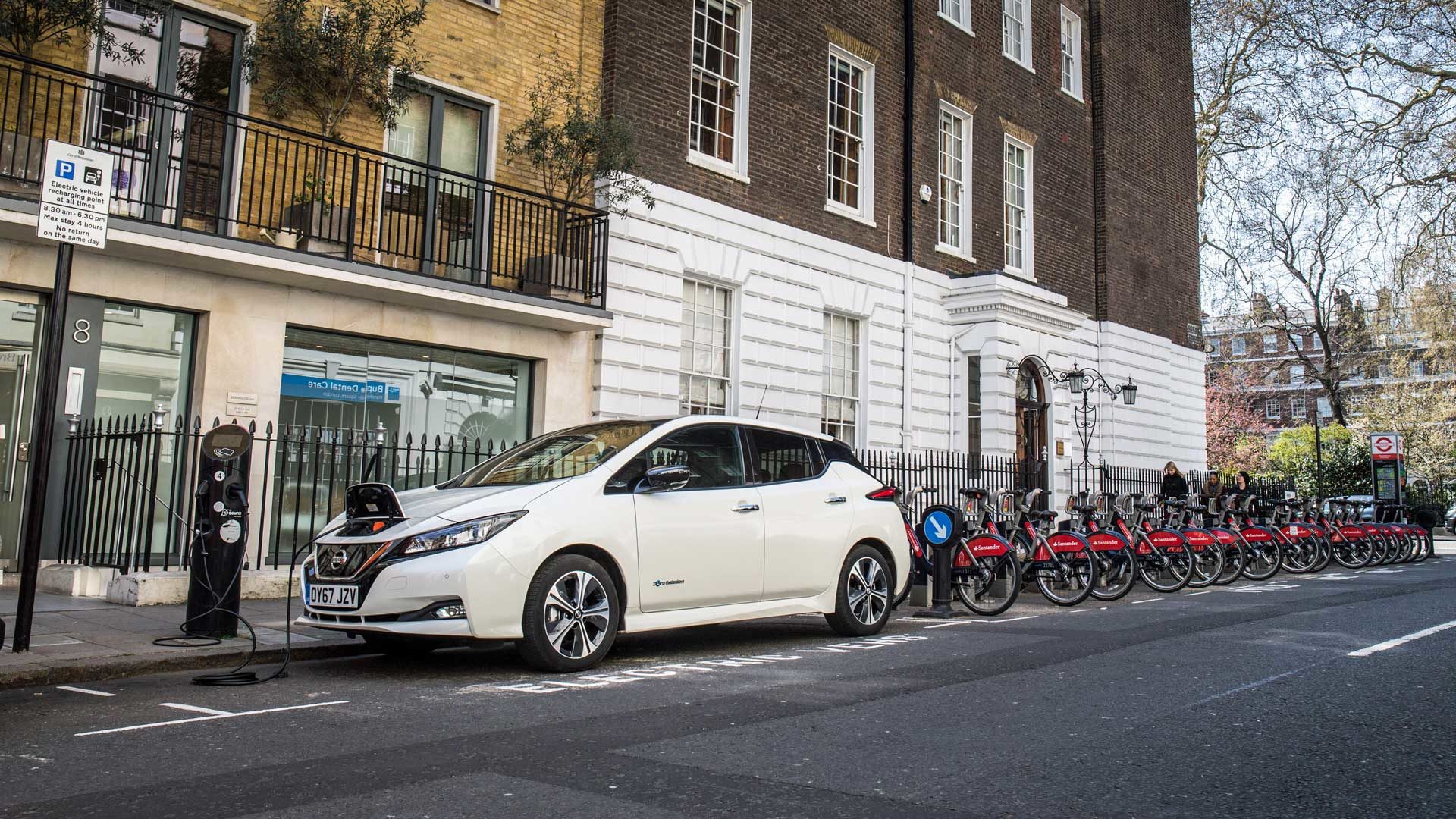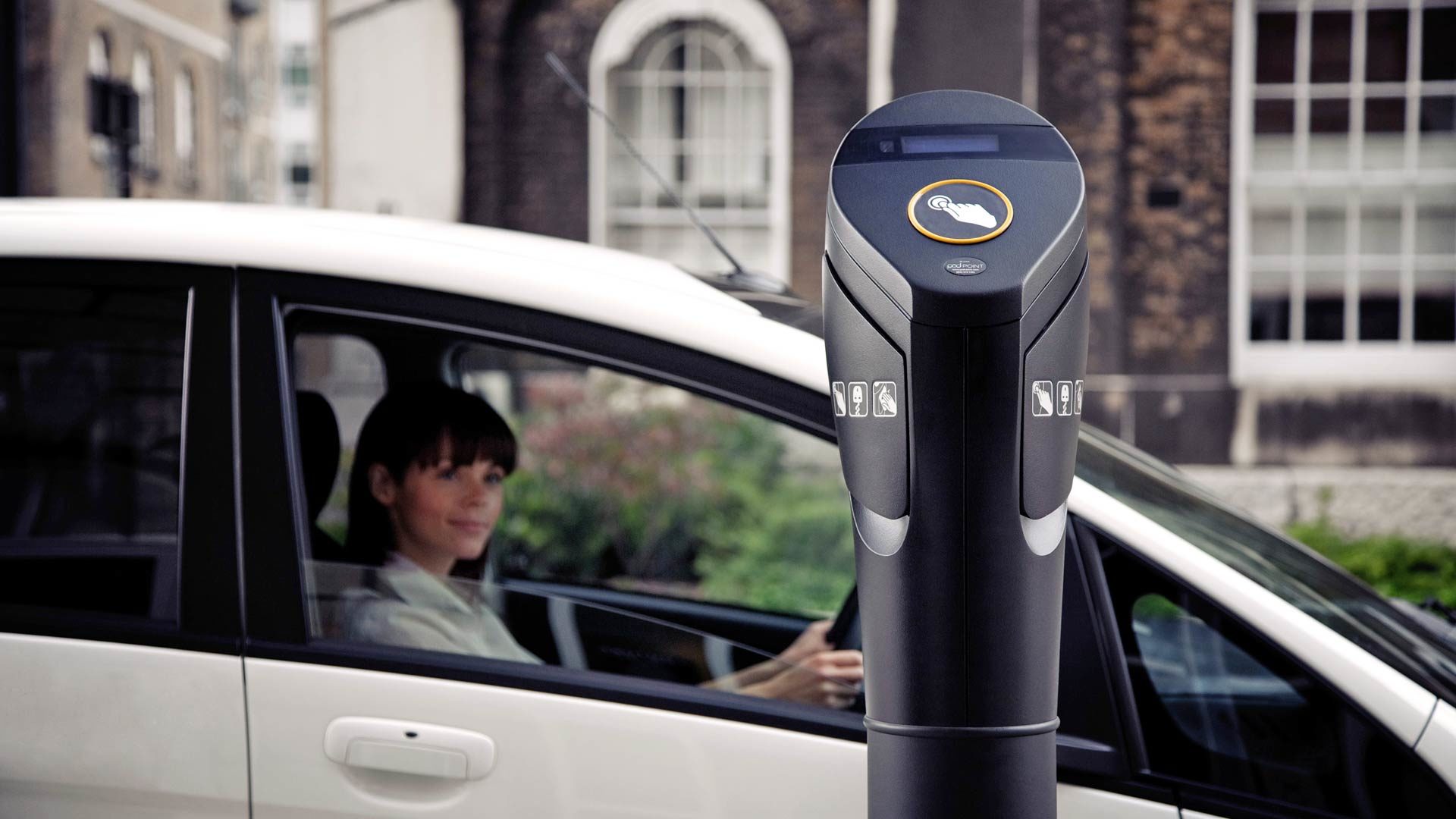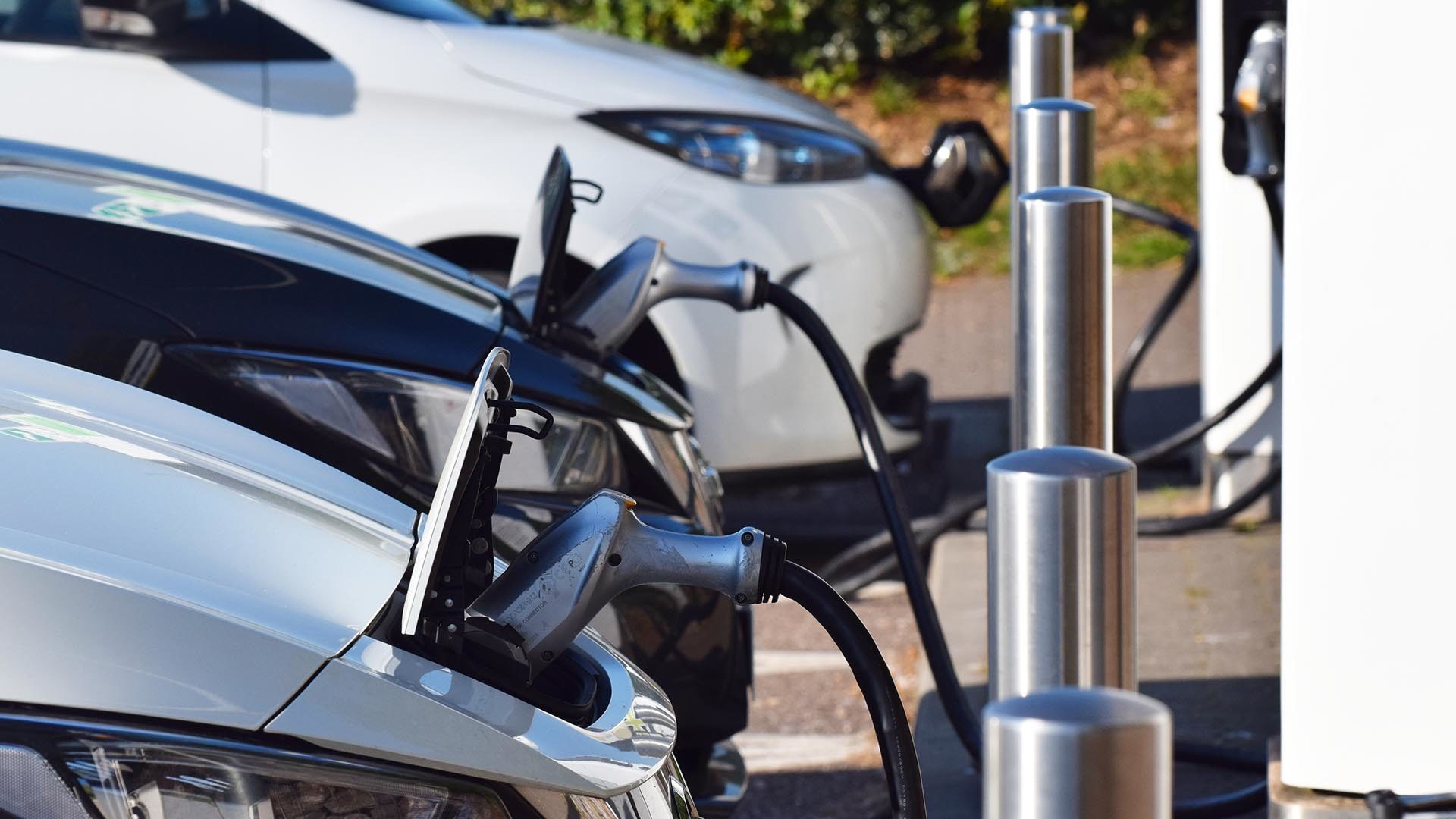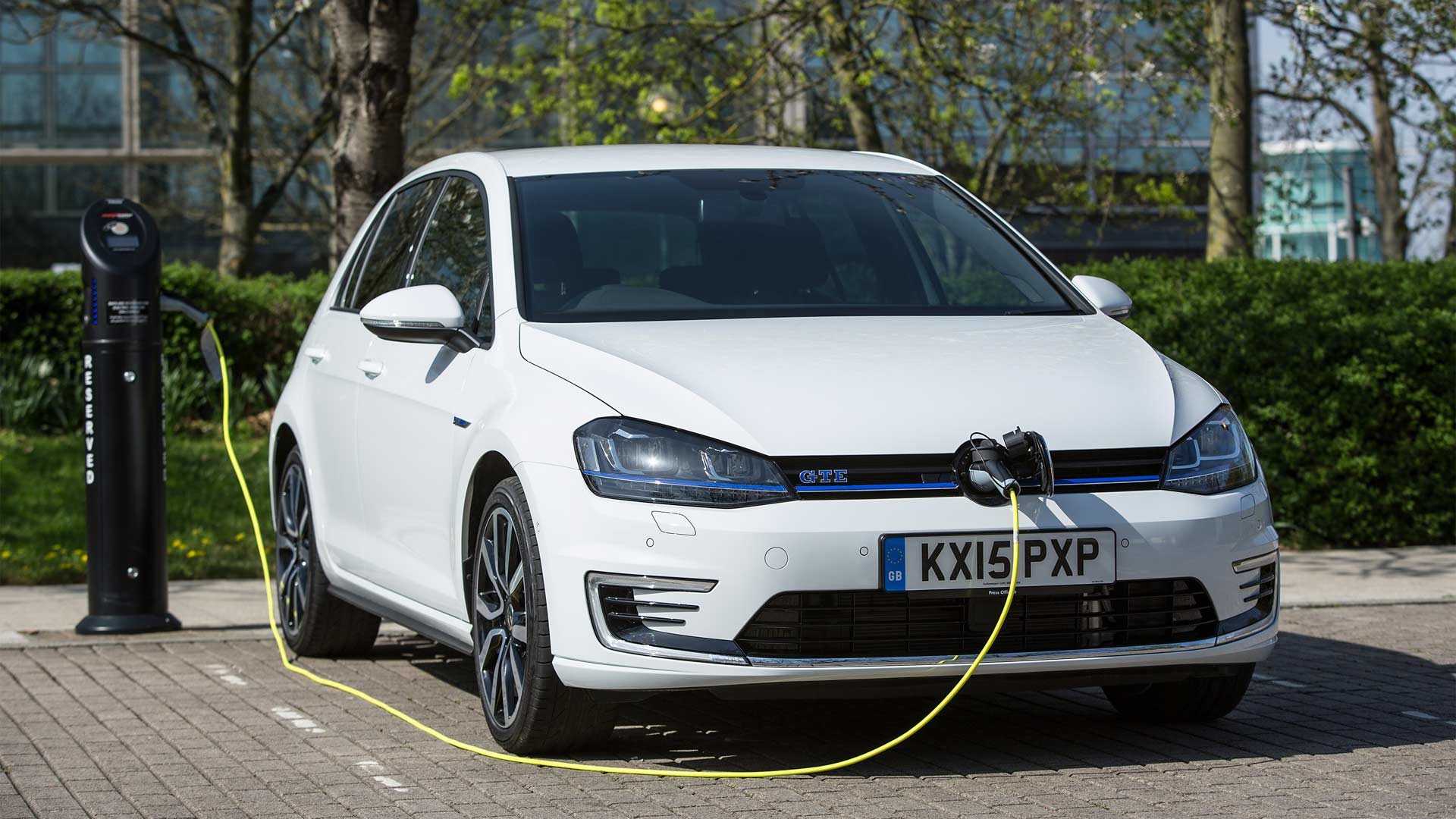
Plans to phase out the sale of petrol and diesel-powered cars should lead the march for electric vehicle sales. Yet many local authorities seem unprepared for the expected increase in charging needs.
Research into more than 350 local authorities across England found that just one in six has provided on-street charging points.
With over a third of households lacking dedicated parking to enable charging, this could lead to a substantial shortfall in EV capacity.
Not every town has an Electric Avenue

The AA undertook the investigation, contacting 353 councils from across the country. Of the 316 respondents, 266 local authorities stated that they currently have no on-street EV charging points.
Of greater concern is that 47 of the respondent councils stated that they have “no plans” to install on-street charging in the future, either.
As part of the survey responses, the AA noted that some county councils placed the blame for the lack of provision on smaller councils. Hampshire County Council and Lincolnshire County Council were cited as examples of ‘pointing the finger’ at smaller authorities.
County and unitary authorities have responsibilities for road maintenance, whilst district and borough councils control local car parks.
Being taken for granted

As part of their findings, the AA also discovered that certain authorities are using a ‘loophole’ in a grant scheme intended for on-street charging provision.
The government-funded On-Street Residential Charging Scheme (ORCS) allows councils to apply for grant money to install EV chargers in areas that lack dedicated parking.
Whilst clearly aimed at on-street charging infrastructure, local authorities are said to be using the grant money to install chargers in town centre car parks.
Edmund King, AA president, commented that “too many councils see this [ORCS grant] as a way of bolstering their town centre charging infrastructure. This goes against the spirit of the grant.”
Total charging capacity on the up

The AA’s research comes as the latest Department for Transport figures show a substantial increase in total public EV charging devices.
Since 2015, the UK’s public charging network has grown from 3,248 chargers, to a considerable 19,487 in total. The past year alone has seen the number of charging devices increase by 18 percent, despite the challenges of COVID-19.
Regional differences are also highlighted by the official government figures.
London leads the way with 63 charging devices per 100,000 population. In contrast, Northern Ireland has just 17 by the same measure, with Yorkshire and the Humber on 18 per 100,000.
When it comes to rapid charging devices, these have increased to a total of 3,530 across the UK. Scotland leads with the provision of 9.3 devices per 100,000 of population. This is followed by the South East with 6.2 and the North East with 5.8.
ALSO READ
One in three motorists ‘optimistic’ about buying an electric car in 2025
New Fiat 500: prices, specs and release date of Fiat’s new electric city car